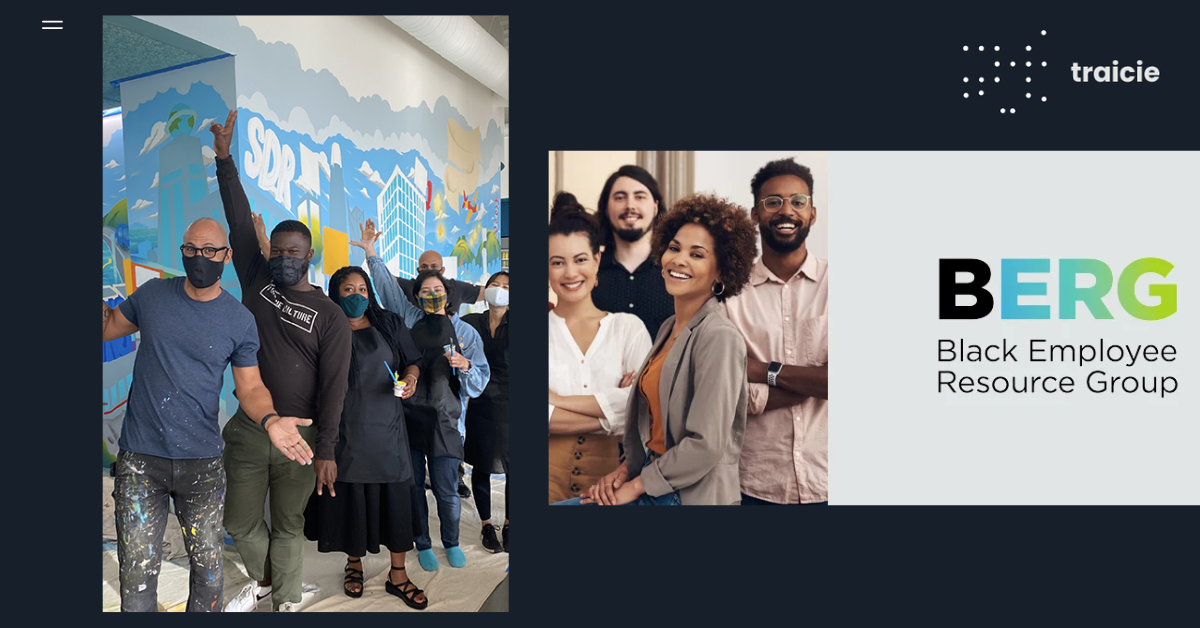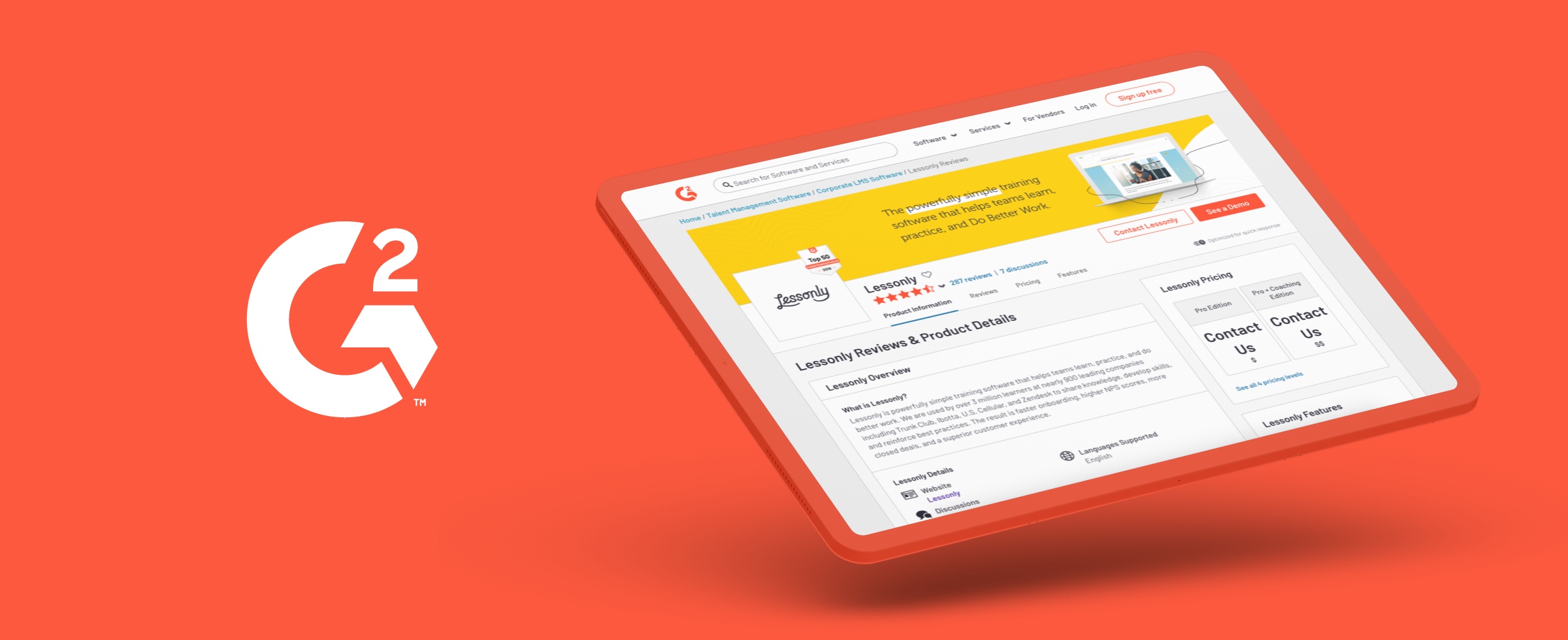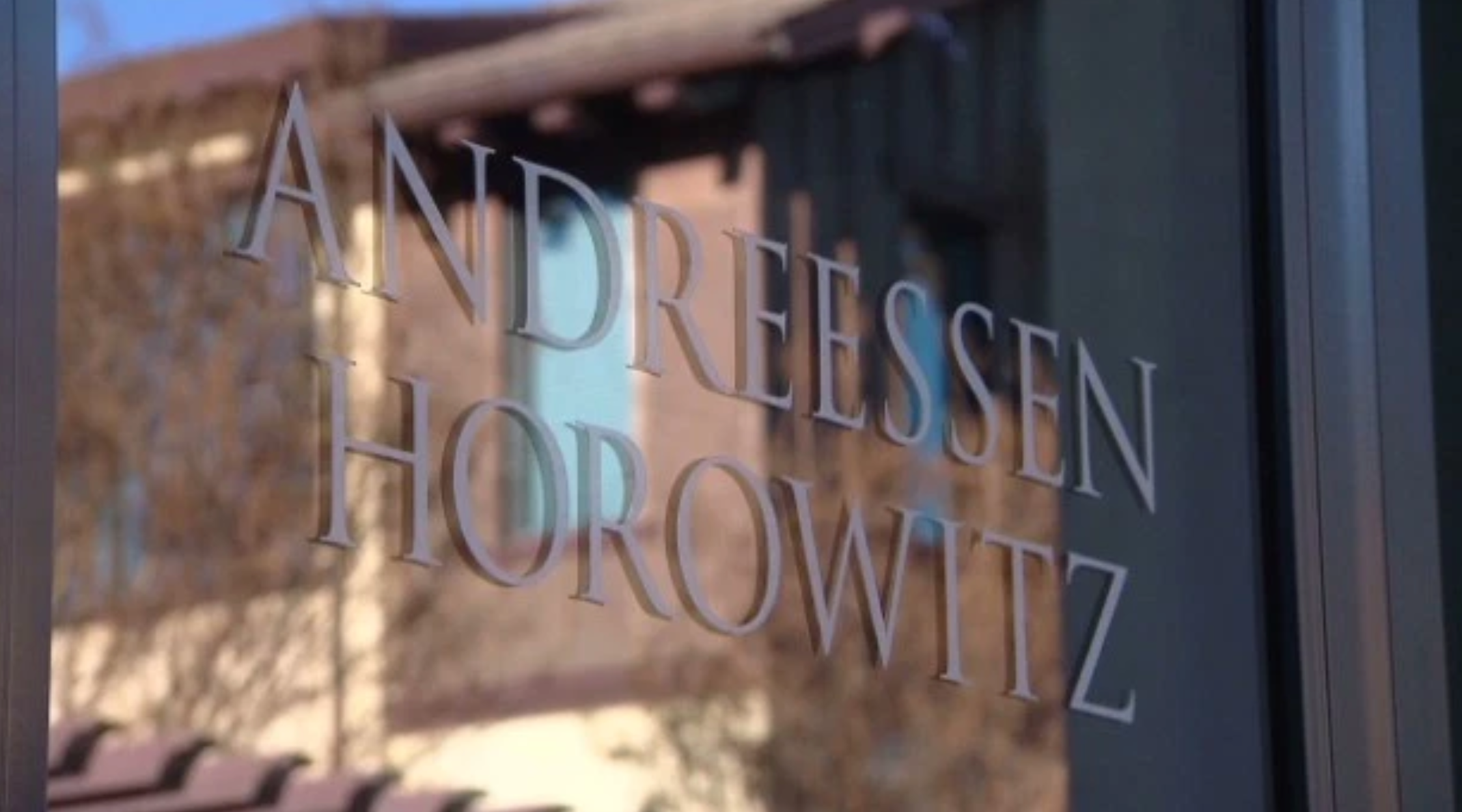It is important to keep in mind the problems and obstacles that underrepresented and marginalized people face in the work environment. DEIB Leaders make it their mission to face up, inspire and bring changes concerning diversity in the workplace. The goal of the Top DEIB Leaders of 2022 is to recognize the people who challenge the status quo and move DEIB forward in their organizations and communities.
| >>> You might interested in Free Personality Survey for Career to pinpoint what makes you unique.
These winners of the Diversity, Equity, and Inclusion Leadership Awards show what people can do when they get other people to face hard truths and to commit to making real-world changes. From C-suite executives to grassroots organizers, our list shows DEIB leaders from different industries with innovative strategies, ground-breaking programs and impressive results. We’re happy to introduce you to these Top Leaders, who put a focus on advocating for minorities, for example the African-American communities.
1. Andréa Long, founder, CEO and head of talent engagement at Upstart.
Andrea has made advocating for underrepresented groups a central part of her work throughout her career. She commits herself to increasing representation, creating more inclusive workplaces, and providing canidates with a feeling of beloning. While she worked at LYFT, she was in charge of the Black Employee Resource Group (ERG).

Since the 1970s, Employee Resource Groups (ERGs), also known as business network groups or affinity groups, have been a part of corporate America’s culture and helped shape it. These groups are primarily based on a shared identity, like race, gender, age, or mental health. Furthermore, they provide a safe place for underrepresented employees to find each other. This helps them avoid the hard feelings and get a break from the daily aggression they experience at work.
ERGs help organizations in many ways.
ERGs find internal leaders and help them grow. As a result, they retain more people. They teach their employees, including the top leaders, through a variety of internal events and panels. Additionally, they help companies hire underrepresented people and build a talent pipeline. According to a survey from “Software Advice” written in 2014, 70% of U.S. respondents between the age of 18 and 24, and 52% of U.S. respondents between the age of 25 and 34 said they were more likely to apply for a job at a company with ERGs. Specifically, fifty percent of the people who filled out the survey said they would stay at a company if it had an ERG.
Andrea Long started offering mental health benefits after many African-American employees said they were having trouble with the HR team. Moreover, Andréa also managed employer branding and diversity recruiting partnerships at Twilio, DoorDash, and Upstart. Here she sourced for, and hired talents that were often overlooked. She spends a lot of her time teaching people about DEIB by training companies, nonprofits, and educational institutions to make their hiring, marketing, and events more welcoming.
2. Brittany Rush, Director of DEIA for Equitas Academy Charter Schools.
Brittany was the first Director of DEIA at Equitas Academy. Before that, she was the head of KIPP SoCal Public Schools. Thanks to that experience, she was able to change her leadership style and help the organization through some of its first professional development sessions focused on diversity, equity, inclusion, and accessibility. She has risen to the opportunity and has tackled many common DEI&B challenges in various ways.

DEIB LEADERS FOR MINORITY GROUPS
One of her main project is showing teachers how to teach history and how to talk about American slavery and Black culture in a way that helps students think more about inclusion and empathy. She is always looking for feedback to determine which DEIA efforts have the most significant and long-lasting effect on making the organization genuinely anti-racist.
3. Caroline Celis, Senior Director of Global Business Development at G2.
Caroline’s goal is to increase the number of female Latinx and Black people to 50% in her company. Since most of G2’s hiring is done internally, this step sets the organization up to improve DEIB in the long run. Additionally, she represents the “Latinx and Allies employee resource group” as one of it’s co-leaders. In fact, she contributed significantly to the ERG in raising money for Latinas to represent G2 at important Tech events. Furthermore, she works with the ERG to connect and bring in more candidates from minority groups that aren’t usually represented.

traicie aims to encourage DEIB by promoting a neutral sourcing process that focusses on people’s skills and culture fit within a company. Help us improve our algorithms even further by participating in our research.
_____________________________________________________
traicie’s psychological and free cultural fit test wouldn’t have been possible without our participating business partners and academical experts from Universities. The organizations that collaborated with us to research all the top performers in each industry discovered that they all shared 29 common working styles.
Finally, these 29 factors set them apart from the competition and contribute to their organizational success.
4. Chloe Benson, global inclusion, diversity, and belonging specialist at Marsh McLennan
Chloe is a rising DEIB advocate. She works as a Global Inclusion, Diversity, and Belonging Specialist at Marsh McLennan. Priorly, she was the “Diversity Recruitment Early Engagement Program Manager” at Bloomberg. She helped create and support the Black MBA/Professionals Master’s program to help them become better leaders in social justice. Additionally, the program is an excellent example of how to drive African-American equity in professional services.

Marsh McLennan’s RISE MBA/Fellowship Master’s Program is a four-year commitment. This program is in partnership with Fisk University and the National Black MBA Association. As a result, the Executive Committee will assist in hiring more Black Professionals into leadership roles at all levels of the organization. The RISE program breaks down barriers for Black colleagues. Now the program offers each Fellow a unique experience that helps them build a career path toward becoming a leader at Marsh McLennan and elsewhere. Specifically, the program for the first group of Fellows ended in May 2022. After that, 60% of the Fellows were hired full-time.
5. Chris Lyons, General Partner at Andreessen Horowitz
Chris Lyons has been a champion for the African-American community by connecting black entertainers, athletes, and other leaders to the venture community. Furthermore, he also helped bring together black leaders in venture, technology, and finance. Briefly, his main goal has been to create good opportunities for cultural influencers and startups while getting more African-American people into the Tech industry.

Using his skills at building relationships, Chris saw that cultural influencers were becoming more critical in the world of technology startups. In 2016, he started Silicon Valley’s first influencer network. The CLF Network aims to bring together African-American professionals in the tech industry. Then, he would make it more diverse than the traditional, closed Silicon Valley network. Lastly, the goal is to reach people from a broader range of universities and careers, such as those who want to change jobs or have never worked for a big company.
|>>> Read more: Top DEIB Leaders of 2022: Advocate for Women
Do you know that traicie’s sourcing tools for recruiters can help the hiring team with culture-based hiring but also improves the strategic, operational value of the recruiting process :
- Cost of a job board – Reduce annual spending on job boards
- Cost of HR tools – Reduce the cost of surveys and assessment tools
- Recruitment costs – Reduce selection costs
- Internal mobility – Fill more skilled jobs with internal staff
- Time to hire – Reduce the number of days a role goes unfilled
- Salary costs – Reduce overall salary costs
- Attrition – Reduce the rate of turnover
- Recruitment cost – Reduce the general recruitment cost
3 thoughts on “Top DEIB Leaders of 2022: Advocate for African-American employees”